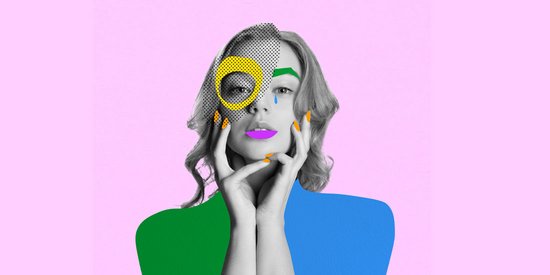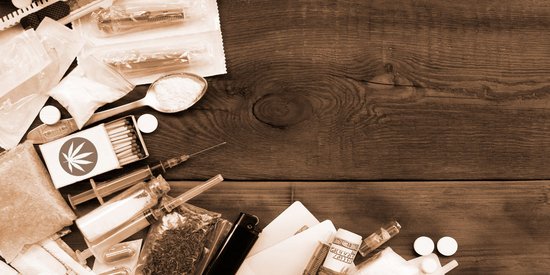It is very obvious that if you arrived on this page, it is not just by luck. We invite you to keep an open mind and to give yourself a chance.
What is the disease of addiction?
A progressive and irreversible disease whose evolution is nevertheless possible to stop, and recovery is then possible.
This disease is characterized by a physical dependence coupled with a mental obsession.
About 70% of addicts feel relief, when they learn that what led them to a total loss of mastery of life was not a moral defect, but an illness. And the other 30% do not care to know the cause.
What makes you dependent is the disease of addiction, not drugs, alcohol (or any other behavior-modifying product). Something makes it impossible for the addict to control their use.
This "something" is often called and defined as an obsession or compulsion in other areas of the addict's life.
Addiction often sets in insidiously. It can take years before the person who is using, becomes aware of its existence.
It may seem useful to make addicts feel guilty, who sometimes believe they suffer from some kind of moral defect. Speaking of illness, there is the need to treat oneself, to take all possible measures to achieve recovery and thus avoid relapse.
The World Health Organization (WHO) has also declared addiction to be a disease.
Addiction, however, is such an insidious enemy that many addicts are unable to take responsibility and seem unable to face life as it is.
Many of them may have made several attempts to stay clean and have failed, causing suffering and distress. This disease is chronic, progressive and fatal.
However, there is a way out. It would be up to you with rigorous honesty to simply answer this question: Am I dependent?
How do I know if I'm really addicted?
Only you can answer this question.
An addict is any person who is affected in their work, in their relationships, family or in their social life, by an immoderate, periodic or continuous use of any product which modifies their behavior.
In all seriousness, if a person examines their record of life as an addict, they will be able to determine whether or not they are addicted.
It is not possible to be a little dependent: one is or one is not.
Most of you do not ask yourself the question twice: if you suffer from feelings of guilt, loneliness and despair, then you suffer from the disease of addiction.
Have you had enough of feeling like you’ve had enough?
If you want to stop suffering in your life and under the excesses of this disease, then you are ready to take certain measures!
The solutions are not numerous, but often they are effective. Cognitive Behavioural Therapy (CBT) is one example of a therapy that can be used to help stop addictions.
Anonymous support groups are also of exemplary help with an excellent recovery rate.








